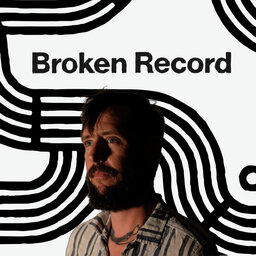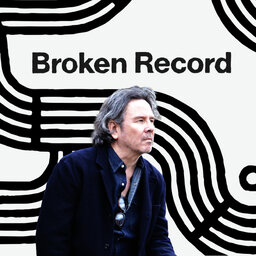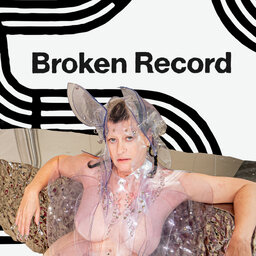Burt Bacharach & Daniel Tashian
Burt Bacharach is a living legend. He's written hits sung by Aretha Franklin, Dionne Warwick, Elvis Costello, Dusty Springfield and so many more. With that kind of a resume, he doesn't need to still be working at 92. But he recently found a new muse in collaborator Daniel Tashian. Daniel just won Album of the Year at the Grammy's for co-writing and producing Kacey Musgrave's breakout, Golden Hour. Now he and Burt have teamed on 5 song EP, Blue Umbrella and have even more songs on the way soon. Burt and Daniel connected with Bruce over Skype to talk about their collaboration which started in-studio then migrated to file sharing after the pandemic hit.
Subscribe to Broken Record's YouTube channel to hear old and new interviews, often with bonus content: https://www.youtube.com/brokenrecordpodcast
You can also check out past episodes here: https://brokenrecordpodcast.com/
Learn more about your ad-choices at https://www.iheartpodcastnetwork.com
 Broken Record with Rick Rubin, Malcolm Gladwell, Bruce Headlam and Justin Richmond
Broken Record with Rick Rubin, Malcolm Gladwell, Bruce Headlam and Justin Richmond


